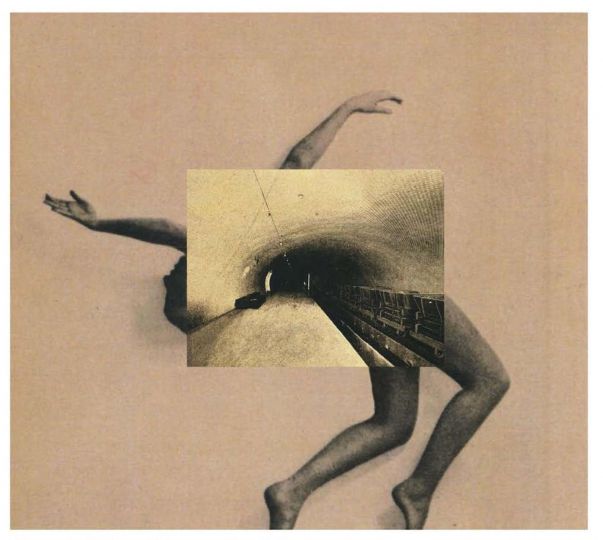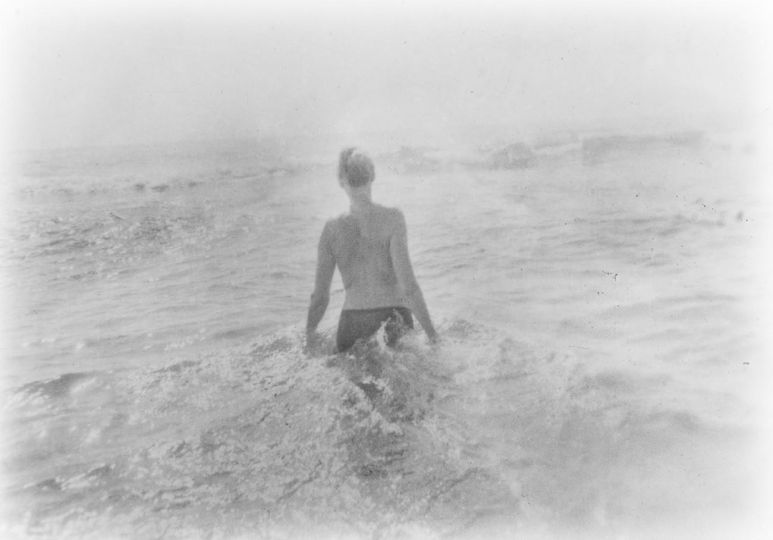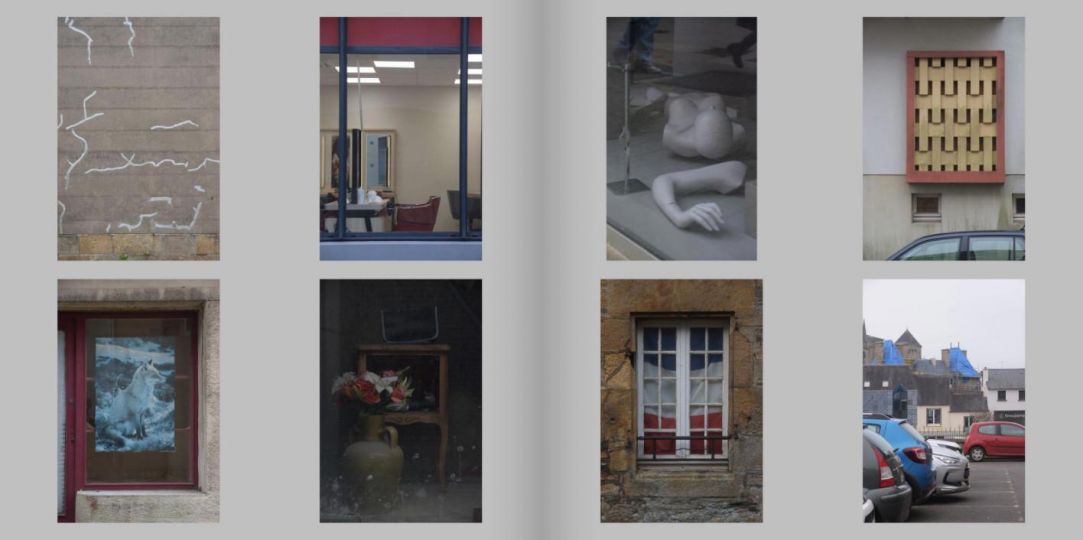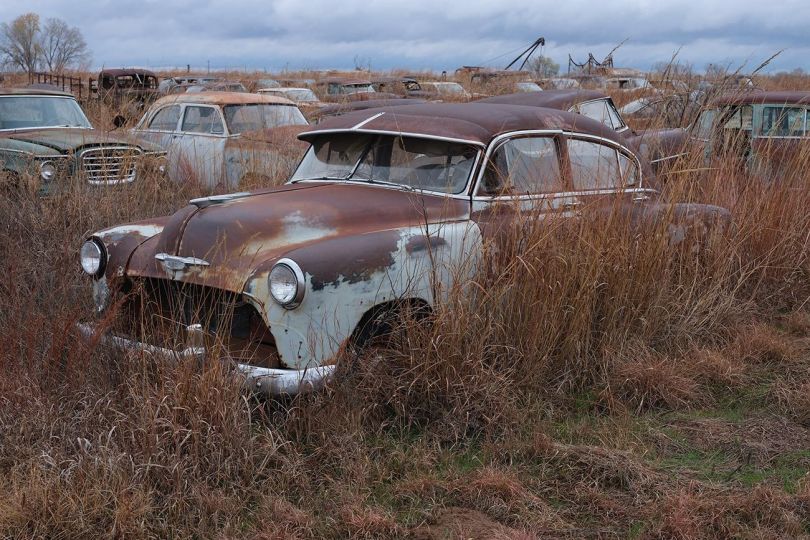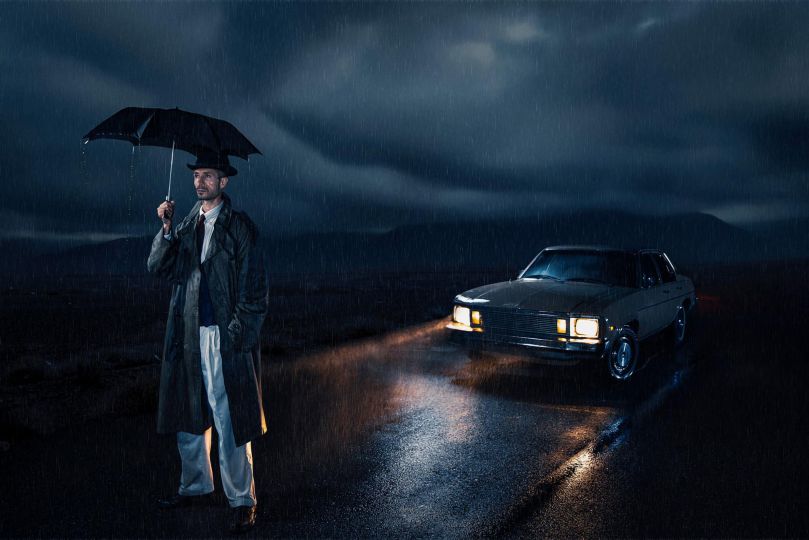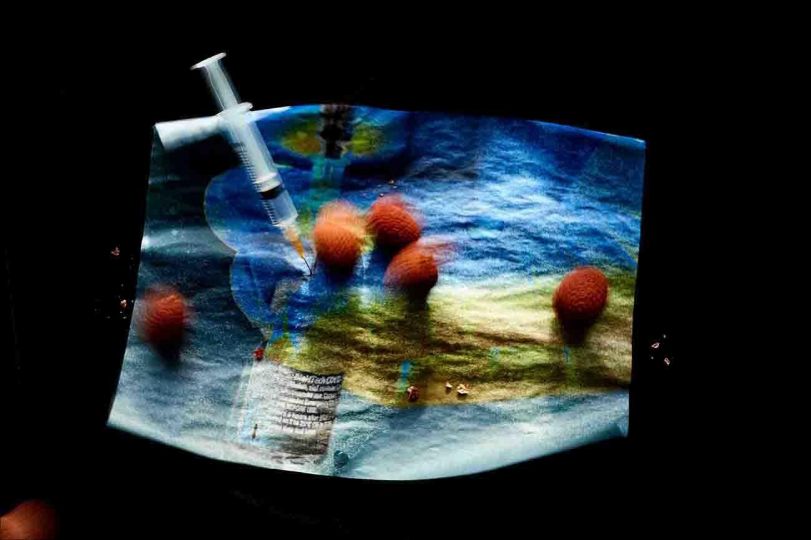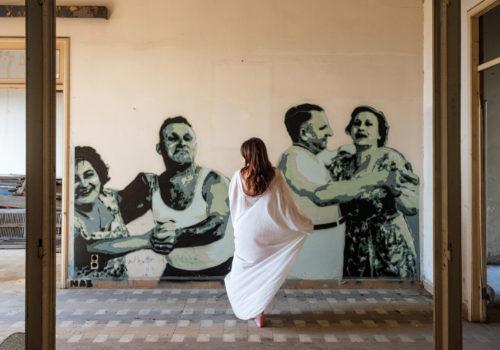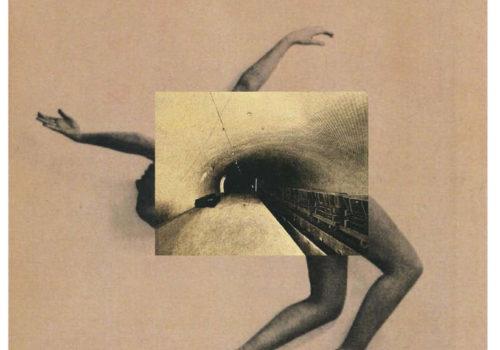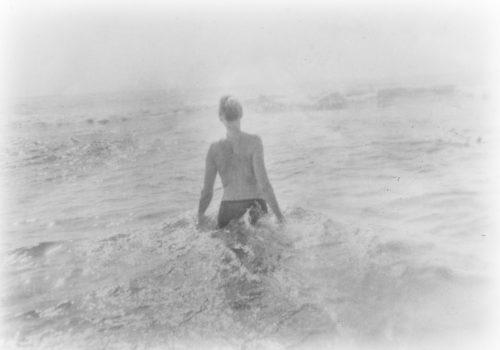“What did my parents experience when they were as old as my son is today? What made them what they are today?” These are the questions the German photographer Frederike Helwig examines in her book of photographs entitled Kriegskinder.
People born in the late 1930s and early 1940s, who grew up during World War II, are now in their eighth decade of life. Here, they look back and talk—some of them for the first time ever—about what marked them: bombs, flight, fear, hunger, illness, missing fathers, overwhelmed mothers, and the silence of the post-war era, when it was thought that memories of the war and its intergenerational consequences should be forgotten.
Many still remember waiting in air raid bunkers, the bombardments, the adults’ fear, the corpses and the wounded, the hangings and the suicides, the bombed-out houses, playing in the rubble. Many have clear or diffuse images in their minds of fleeing, of the “Russian foe”; they still feel the hunger, taste the chocolate on their tongues, given by an Amerian soldier.
To this day they are revolted by stony, watery nettle soup, and they still talk about symptoms of nutritional deficiency. Some still see in their mind’s eye the prisoners liberated from concentration camps who suddenly appeared at their doorsteps, asking for bread or shelter, but who were instead shooed away with timid gestures and curt words.
The people portrayed on this series of photographs had the courage to stand before the camera and tell their stories. Most of their recollections are anecdotal, with varying degrees of self-reflection. Trauma or trans-generational consequences are rarely addressed, and hence reflect the usual silence that continues to this day. Readers are therefore required to read between the lines, to reflect upon their own family histories, and to begin discussing the worst chapter in German history.
“It’s about talking with each other, and understanding the destructive consequences of fascist systems, racism, hatred, and war—not about accusations or judgment,” writes the author Alexandra Senfft in the foreword of Frederike Helwig’s and Anne Waak’s book Kriegskinder. A book that contains forty-five analogue portrait photos of a generation whose memories will soon vanish, juxtaposing numerous childhood recollections with the portraits of the witnesses results in a complex image of the different generations during the Nazi era.
Frederike Helwig, Kriegskinder
Published by Hatje Cantz
35€



